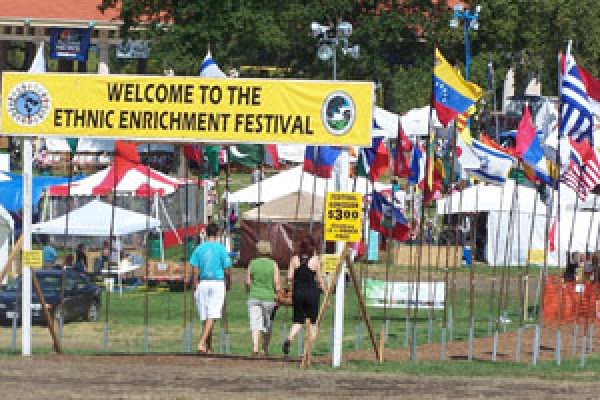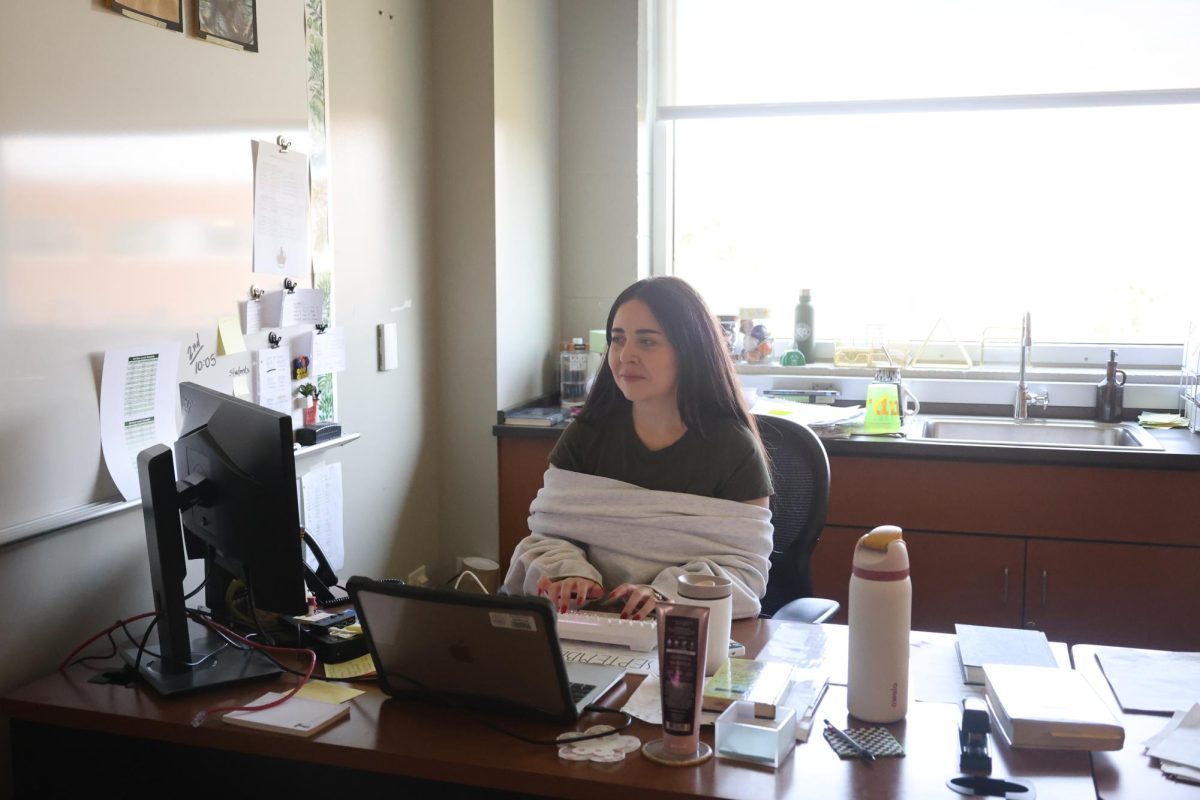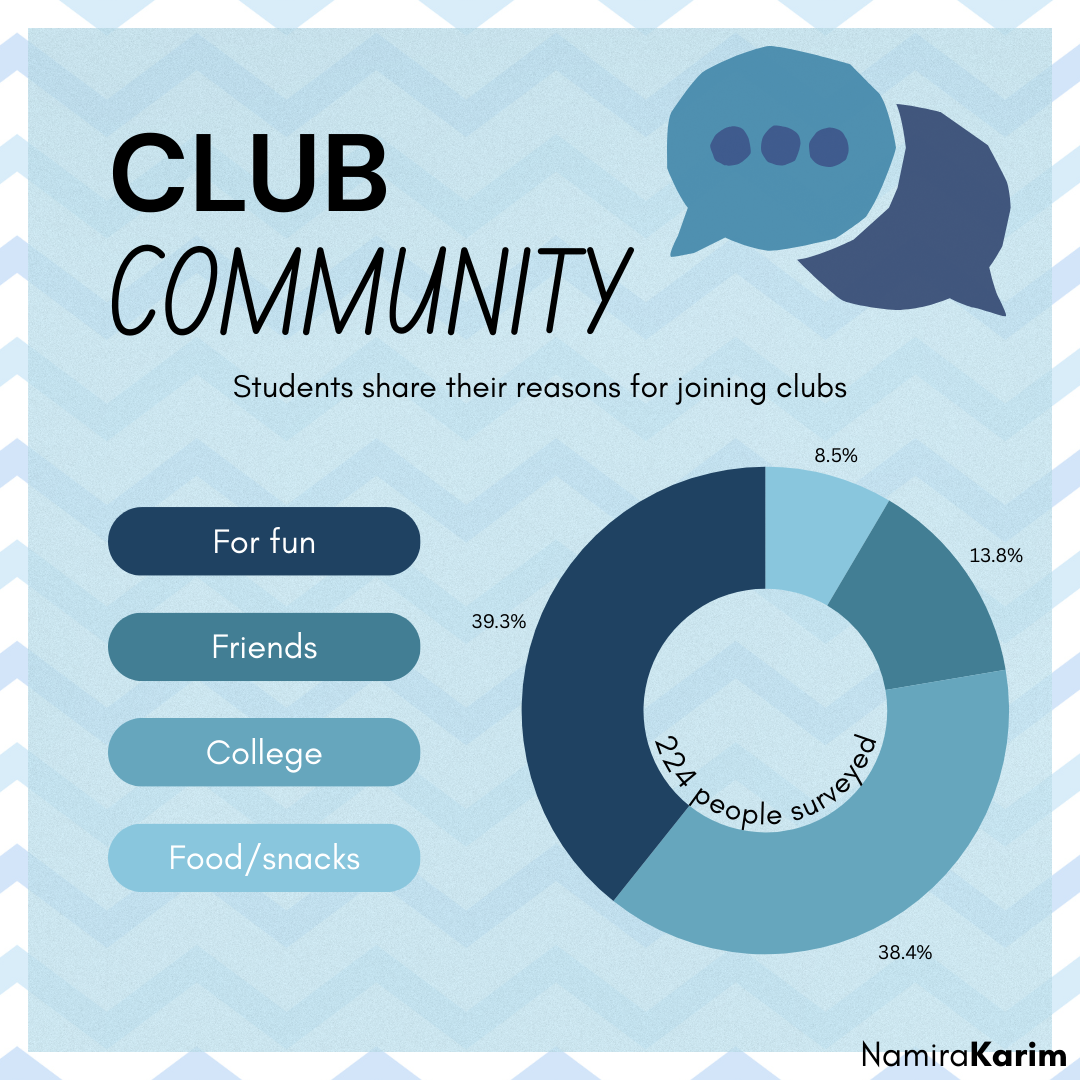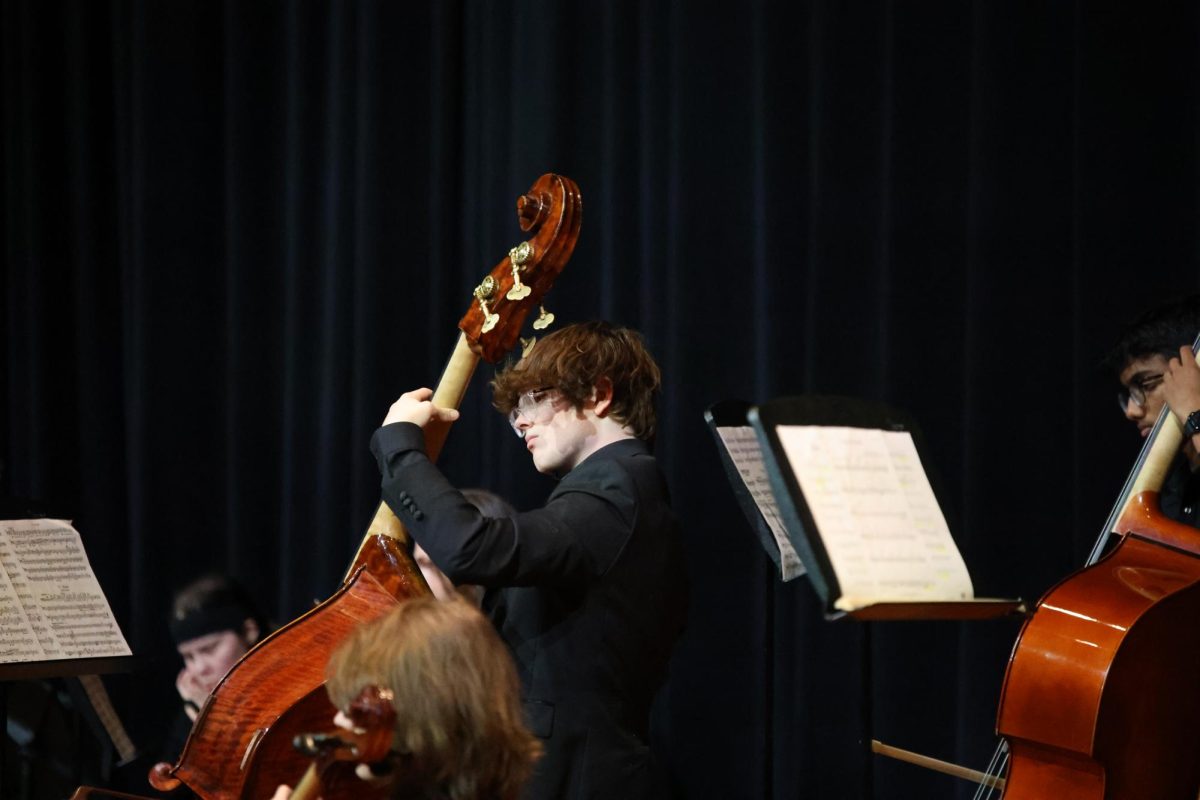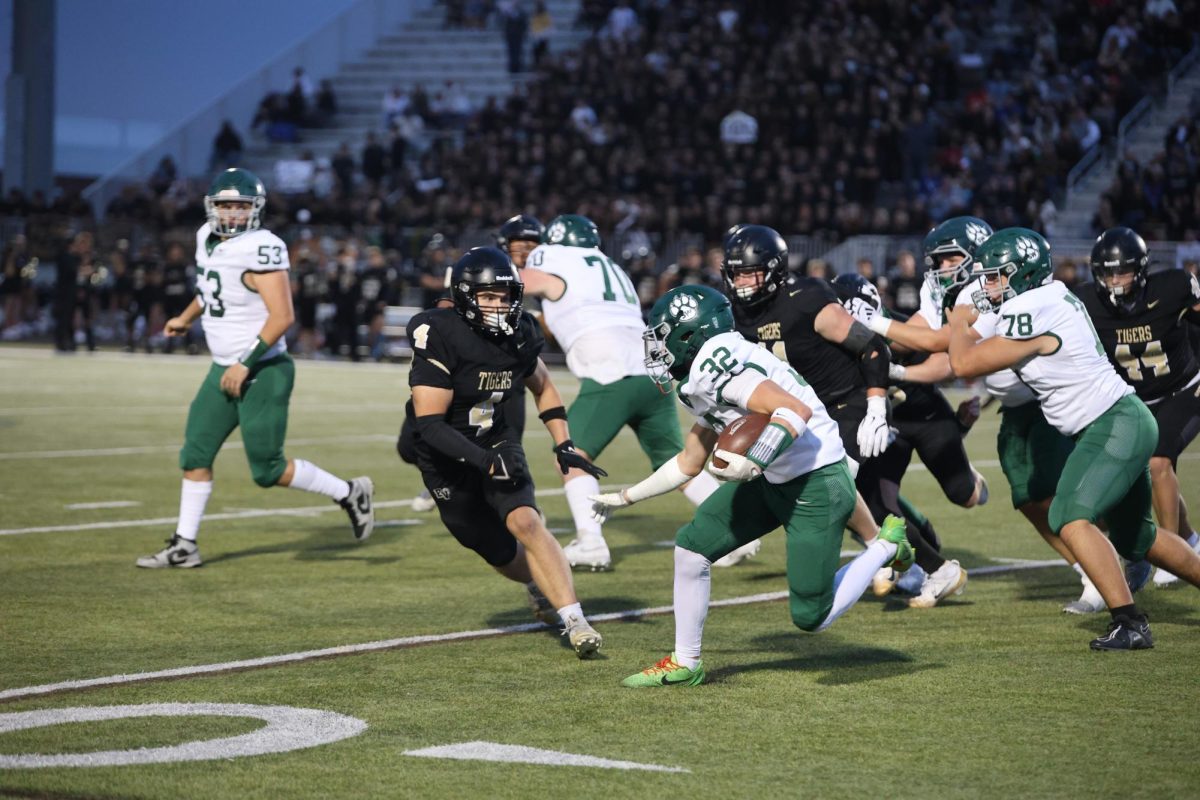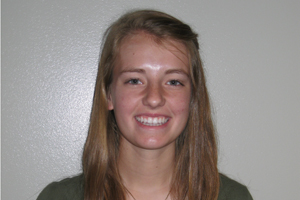Everybody can trace back to their ancestors. They came from a different country that has its own customs. So that means that everybody has their own cultural background. The thing is, not many people know what theirs is.
This lack of cultural appreciation, or actually, just a lack of cultural knowledge in general, is what caused the birth of the Ethnic Enrichment Commission of Kansas City (EECKC). Starting in 1976 with only five countries, it now repre- sents over 66.
In hopes of interesting people across the Kan- sas City area, EECKC along with the commission’s members host an annual Ethnic Enrichment festival in August.
“Everybody is from somewhere and every- body has parents,” festival manager Richard Horvatic said. “Kids pick up things from both sides of the family and kids need to figure out where they’re from. A lot of us have waited too long and for some of us, it’s too late.”
This year’s will take place Aug. 19-21 at Swope Park, but it takes lots of time and com- mitment to get ready for, even though its dura- tion is only three days.
“I thoroughly enjoy [the festival] and I love managing,” Horvatic said. “ It’s not just me though, I just help coordinate everything.”
Other important factors to the festival’s suc-
cess are the attendants. Junior Alex Dragovich from Saint George Serbian Orthodox Church, has been partaking in this event since 10 years ago when she first moved here.
“It’s a good experience and it opens your eyes to all the cultures in this area,” Dragovich said. “People say Johnson County is not diverse, but at this festival you get to learn about all these smaller countries.”
This event includes a multitude of activities to reach an understanding about these different places.
“We represent the different cultures as best as we can,” Horvatic said. “Each country sets up their own booth and they have to serve an authentic food or have authentic crafts.”
It is required that the food participants serve is authentic, because that’s something they pride themselves most on.
“If you wanted East Indian food you’d have to fly to East India and spend thousands of dollars on the flight and hotel and a room,” he said. “In- stead you can spend three dollars and have the food that’s over there, here, plus parking is free.”
Aside from the food there are also different drinks.
“You can get coconut and cut the top off and drink with a straw from it,” Horvatic said.
The one thing advised to not do is invest too much on food from just one country.
“You can have a whole meal, but I encourage the counties to sell things individually,” Horvatic said. “That way you can have a crab rangoon
from one place and then baklava for dessert.” But behind every booth with food, is some- one who has to work it. So, Dragovich not only
attends the fest, but works it as well. “We have a hot foods side and bakery side, and I work on the bakery side and give people
food after they’ve paid for it,” Dragovich said. There are various shifts, so she does not have
to be behind the booth the whole time. “When I’m not working, I walk around,” she said. “They have clothes and souvenirs from all
of these places and it’s a lot of fun.” Besides the food there is also entertainment.
There are 40 time slots open, each with 30 min- ute dances performed by cultural groups.
Another huge event that occurs is the parade of flags.
“Each country takes their flag and two people walk across the stage and say welcome to ‘insert- country name here’ in their language,” Horvatic said. “It’s a beautiful, beautiful thing really.”
So much occurs in this festival during the few days it goes on.
“It’s worth the drive and I absolutely love go- ing,” Dragovich said. “There are tons of different countries and tons of places I’ve never heard of.”
The festival promotes open-mindedness towards other lifestyles along with pride and passion for their own.
“If the world could get along like we do at the Culture fest,” Horvatic said. “We would have a wonderful world.”


